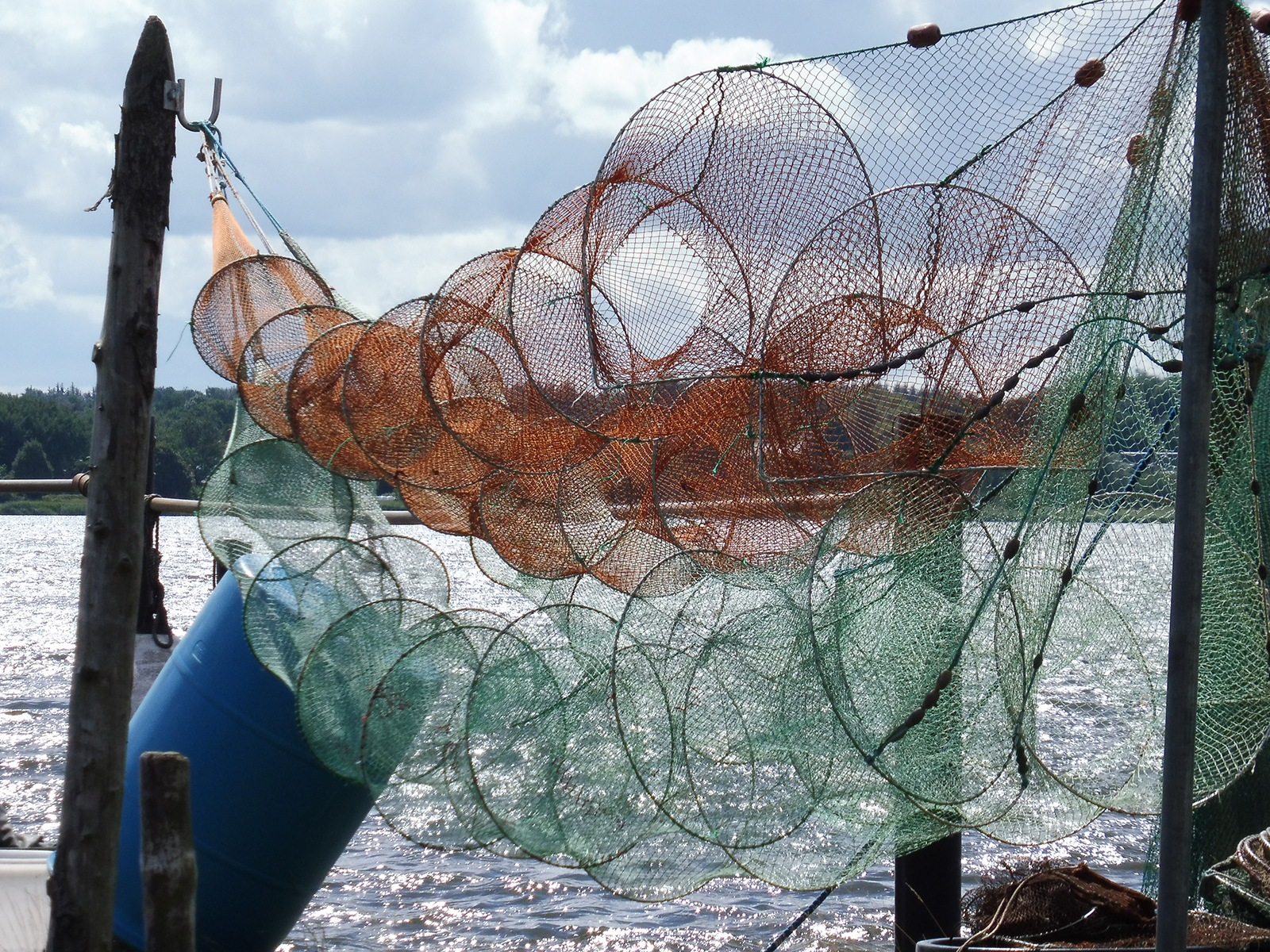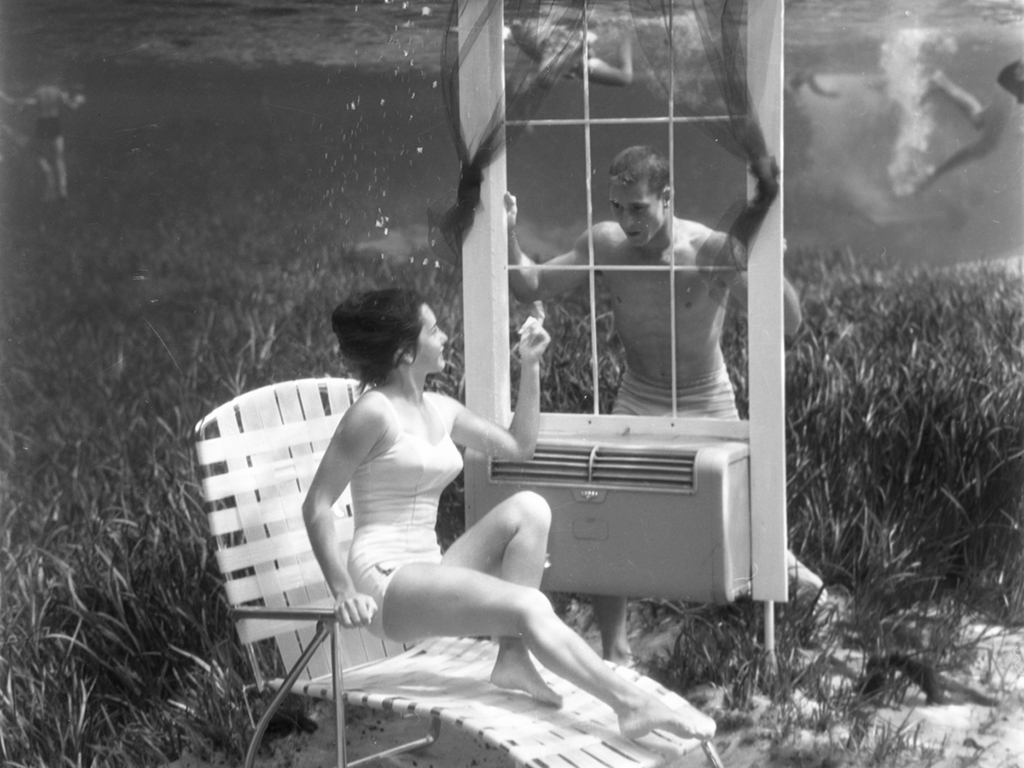Ethno-design in Labile Zones

Next Wednesday September 25th, by 6.30 pm at the long table room of the Faculty of Architecture of the University of Porto, Anatole Danto will present a lecture as part of the Fishing Architecture research project.
Labile zones are readily open to change. They are unstable structures continually undergoing chemical, physical, or biological transformations. The relation between land and sea in a labile zone involves several contemporary categories that can be deconstructed through the analysis of endogenous intersections. Using ethnography as a method and the microsystems of fisheries as case studies, this lecture delves into the concept of vernacular to decipher human/other-than-human entanglements. Ethno-design emerges as a relevant framework for observing, collating, and analysing processes linking humans and non-humans, particularly humans and fish. The alliances established between humans, fish, and molluscs produce information and data whose representations extend across time, space, and cosmologies. Grasping these data and entanglements sheds light on the ongoing processes occurring in the unstable areas between land and sea.
Anatole Danto is an anthropologist, a research fellow at the University of Tartu (Estonia), a member of the Centre de Recherches Europes-Eurasie (Inalco, Paris, France), and a lecturer at Sciences Po Rennes, UBO, and EESAB (Brest, France). He holds three master’s degrees in social and environmental sciences, is a member of the Ramsar Convention’s Cultural Network for Wetlands and the ICES’s history work group. He is interested in historical uses of marine and coastal environments and their contemporary mutations. He has conducted numerous field studies in the northern Atlantic, sub-Arctic, and northeastern Europe, immersing himself in several coastal communities.
25th September 2024, 6.30pm
At the long table room of Faculty of Architecture of the University of Porto. Via Panorâmica Edgar Cardoso 215, 4150-564 Porto
Informations: fish@arq.up.pt
